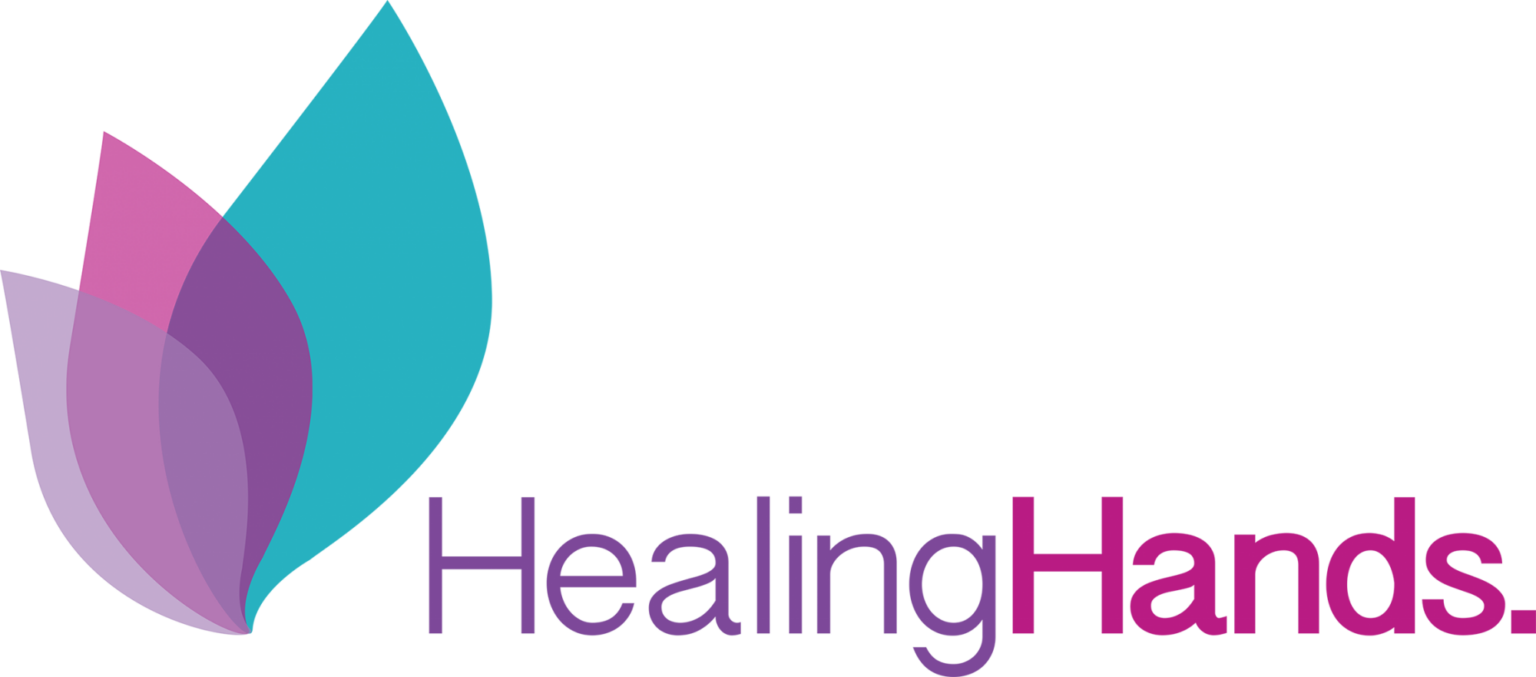
It is now time to replicate a similar model of services for the family unit and its members for their own parallel recovery. The Recovery Village aims to improve the quality of life for people struggling with substance use or mental health disorder with fact-based content about the nature of behavioral health conditions, treatment options and their related outcomes. We family support in addiction recovery publish material that is researched, cited, edited and reviewed by licensed medical professionals. The information we provide is not intended to be a substitute for professional medical advice, diagnosis or treatment.

What’s the Link Between Addiction and Mental Health?
- Opioids—prescription and illicit—are currently the main driver of drug overdose deaths.
- If you’re seeking help for yourself or a loved one, our expert team is here to guide you every step of the way.
- Family members who understand addiction as a disease are better equipped to provide the support needed for recovery.
- In 2019, about 5.3% percent of Americans aged 12 and older had an alcohol use disorder, the clinical term for an alcohol addiction.
- By understanding this comprehensive approach, families can provide empathy and patience, recognizing that each milestone, no matter how small, is a victory in the broader context of lifelong recovery.
- These groups provide a platform to share experiences, advice, and encouragement with others who understand the unique challenges of supporting a loved one through addiction recovery.
- Your loved ones can assume healthy roles and behaviors, like holding you accountable for your actions, to encourage and support recovery.
In response, primary guardian and parental figures demonstrate a wide variety of behaviors and attitudes. Some may tune in and out, being inconsistently emotionally available for their child. Others may feel denial and misdirect their anger, sparking communication breakdowns.

Programs
- The system as a whole will adjust to each action by each member to try and maintain “homeostasis” to keep the family unit safe (SAMHSA, 2020).
- They may cover for the individual with an SUD, attempting to make the individual look pleasing to everyone.
- On the other hand, religion is viewed as the corporate expression of that connection, where one mediates their relationship to God and the community through an organized system of beliefs and practices (Burnett 2014, pp. 28–29).
- Family involvement in a person’s addiction recovery provides benefits for both the addicted patient and other members of the family.
Self-care through support groups, therapy, or personal time is beneficial and necessary. It ensures that caregivers can maintain their resilience and continue providing meaningful support. You can even go to counseling clinics for referrals to therapists specializing in treating families of substance abusers. In some cases, people may self-medicate with drugs and alcohol to manage their conditions. This can lead to a dangerous cycle of substance abuse and worsening mental health problems.

Family Involvement In Adolescent Substance Abuse

A family impacted by substance abuse inevitably develops into a dysfunctional https://ecosoberhouse.com/article/10-major-physical-signs-of-alcoholism-to-watch-out-for/ system. These roles have been named many things, and this is a version of what they are and how they play out. Family support can provide a safe space to express feelings and work through difficult emotions.

Family Involvement in Substance Abuse Treatment
- Too often, we hear loved ones try to explain the torment they feel as they sit home wondering if today is “the day” their spouse, child, parent, sibling, or friend does not come back home, or the day they find their loved one unresponsive.
- Sobriety is a monumental achievement, yet maintaining it requires continuous vigilance against triggers that might lead to relapse.
- This support transcends the mere absence of negative or discouraging notes about actively uplifting and inspiring the individual at every step of their recovery journey.
- Agnostics of the San Francisco Bay Area, mentioned above, to those that have overt religious content such as closing with the Lord’s Prayer.
- Moreover, teaching individuals how to use positive communication skills to express emotions openly without resorting to hostility or blame is important to foster change.
Co-dependency and enabling behaviors, wherein family members inadvertently support and enable the addictive behavior, can hinder the recovery process. Codependent relationships, marked by excessive reliance and unhealthy dynamics, can impede the individual’s ability to develop independence and self-sufficiency in recovery. Understanding these elements can demystify the recovery process and enable families to provide informed and empathetic support. It’s important for families to remember that their involvement is not just beneficial for the individual in recovery, but also for their own emotional well-being and personal growth. Effective communication is the anchor in supporting a loved one through addiction recovery.
- Some of the more dangerous addictive behaviors often occur in the middle of the night.
- This foundational understanding paves the way for empathy, de-stigmatizing the condition, and fostering a supportive environment conducive to healing.
- These dysfunctional roles serve as coping mechanisms within the family system but ultimately hinder progress and healing.
- Be patient with your loved one, learn new ways to navigate your situation, and keep moving forward.
Understanding the Holistic Recovery Approach at RECO
This support transcends the mere absence of negative or discouraging notes about actively uplifting and inspiring the individual at every step of their recovery journey. Encouragement takes many forms, from celebrating milestones (no matter how small) to reminding the individual of their strengths and the brighter future that awaits. Continuous support, on the other hand, involves being there during times of doubt or difficulty, offering a listening ear, and providing the necessary resources or assistance to navigate challenges. It’s this combination of encouragement and unwavering support that fuels the individual’s resilience and motivation to persevere. As members of the recovery community, organizations like RECO Intensive underline the importance of this support through their recovery programs, where families are viewed as integral partners in the healing process. Myths and misconceptions about substance abuse can create barriers to recovery, shaming individuals into silence and discouraging them from seeking help.

